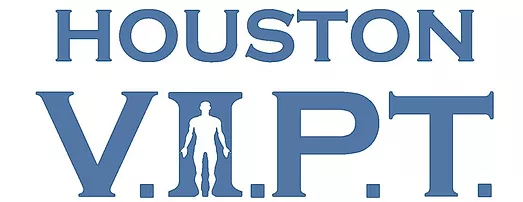I was recently walking around at a trade show and, as this was not a medical related trade show, was surprised to see a booth selling ‘TENS’ units to show attendees. The salespeople would engage passers-by who would point to an area with an ache or pain. Within minutes the show attendees had electrodes on them, soothing their pain, and many of the attendees proceeded to handover $200 for a device of their own.
I’m not saying this is good or bad, but it got ME thinking about TENS, and thinking about what OTHER PEOPLE think about TENS, and I’ve decided to provide a bit of information on the subject from my viewpoint and knowledge as a Physical Therapist.
Disclaimer: Not all PT’s will feel or practice the same as the viewpoints I express here:
What is TENS?
Transcutaneous Electrical Nerve Stimulation. It is a machine, usually small and battery operated which sends electrical currents into a person by way of electrodes usually placed strategically in an area of pain.
Does it work?
There is a ton of research on tens units however there is a strong argument that most of it is inconclusive. Meaning, maybe it works, maybe it doesn’t. Despite this conflicting body of research, the mode is quite popular in a multitude of settings including physical therapy, other medical clinics, and apparently Trade Shows! As a result of such widespread use, there is plenty of anecdotal clinical evidence as to its efficacy.
One thing is fairly agreed upon, TENS, if used properly (not to be used in presence of a pacemaker, cancer and caution with pregnancy) is NOT harmful. It can work for reducing pain and inflammation and there are several different hypotheses as to how this works.
Pain gate theory: In short, this theory states that pain is felt by a message at the nerve being sent to the spinal cord and up to the brain by way of a “gate”, thus resulting in a feeling of pain. According to the theory, the TENS actually closes that gate and thus prevents our brain from getting the message to
feel pain.
Another opinion is that the sensory input of the TENS overcomes the pain sensation and as a result, pain diminishes. This is similar to the opinion that the painful nerve end gets ‘muted’ by the TENS.
Finally there are some studies that say TENS releases the good chemicals like endorphins which lead to a decrease in pain.
As for me, as a practicing PT, I think TENS has a place in treatment and can have varying degrees of efficacy depending on the diagnosis.
I am not sold on the idea that TENS speeds up healing of a muscle strain. I would be more apt to use it as a method of keeping down inflammation and for people suffering from chronic pain as a means to minimize their discomfort. But again, it can’t really hurt for any of those applications.
The key is to not lose sight of the underlying problem, or cause of a given pain or injury. Sending electrical current through a painful area can reduce the pain, but why is the pain present? Pain is our body’s way of telling us that something is amiss. Don’t just mute it!
If the pain is present because of altered body mechanics that have resulted in a muscle TENS may reduce the pain or inflammation but it will not help solve the underlying problem. As a result, it is imperative to always seek treatment from a qualified healthcare professional instead of just buying a TENS unit at a trade show and continuing to mute out the pain and perpetuate the problem. Always get to the root of the issue, solve it, and prevent it from coming back.


